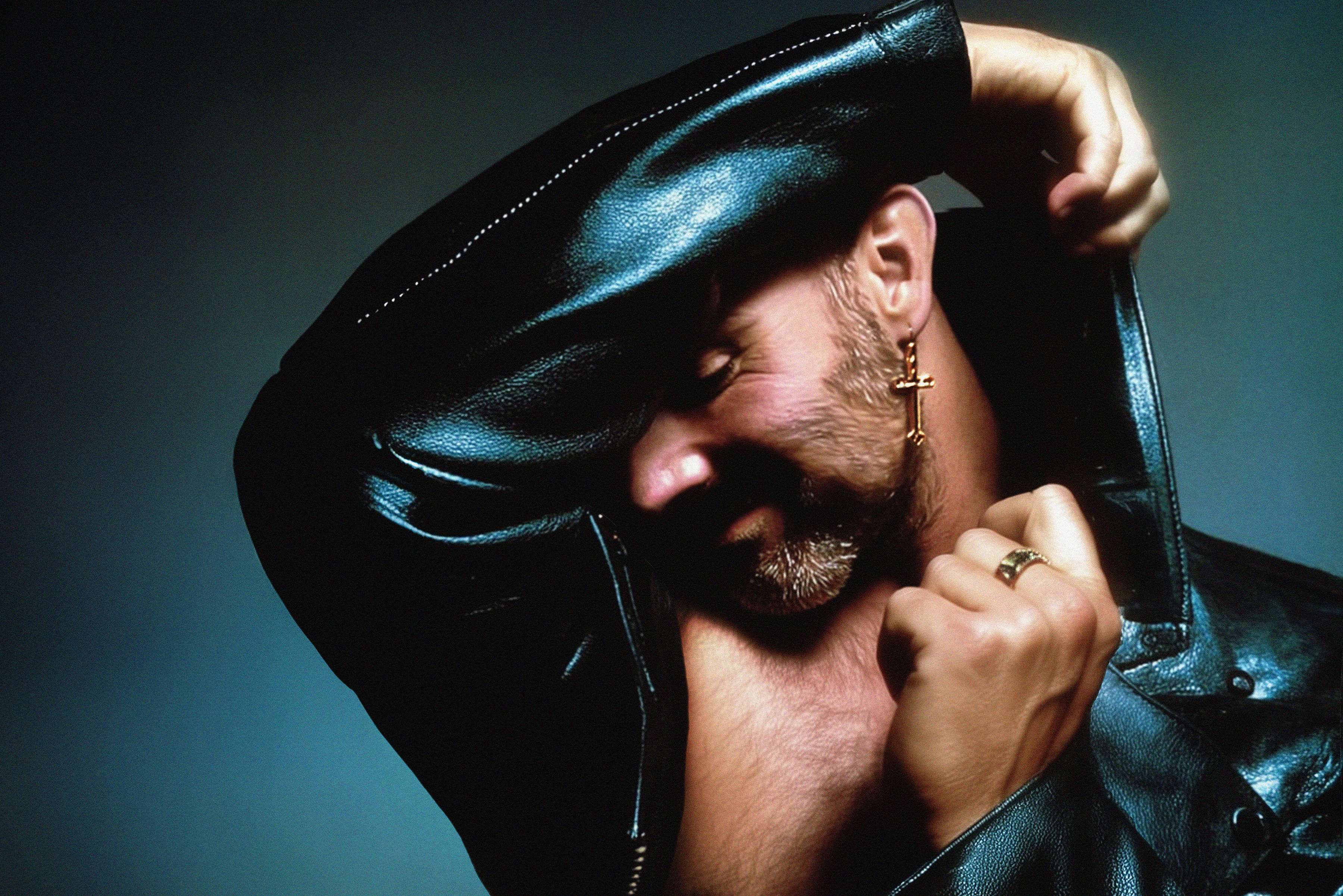30 seconds with: Tex Clark

Image: Anna M. Campbell
Radical Act captured legendary bands like Bikini Kill and Portland’s own Team Dresch. What inspired you back then?
I was 22. I was really into how women were changing musical culture. I describe the film as pro-women-in-rock propaganda.
Yet you shelved it for 15 years. What happened?
It was my senior project at Antioch, and showed at the LA Gay and Lesbian Film Festival. And then, within a few weeks, I started law school.
Now you’re a federal public defender. What do you do?
I represent people who don’t have resources to hire their own lawyer. Being a documentarian was great training. You find people, interview them, and put together a story that advances a point of view.
Radical Act seems like an artifact of pre-Internet, DIY culture. What do you remember?
Kids wanted to write zines, shoot documentaries on video, or release seven-inch records. I carried this dusty case with a huge Rolodex in it. I went to Kinko’s, grabbed a piece of paper, and wrote “RADICAL ACT” in Wite-Out. There was nothing self-conscious about it—it was just what you did.
Does playing guitar in a band still constitute a “radical act”?
There’s no novelty in it anymore. But I think women, in general, still have something different to say musically.
Do you still go to rock shows?
If I have a hard day, I want to be in front of a band that night. The problem is, I pretty much have to be home by 10:30. I see a lot of great opening acts.
Radical Act is available from Portland’s millionmoviesaminute.com and will screen during the NW Film Center’s Reel Music festival, Jan 7–Feb 6.




